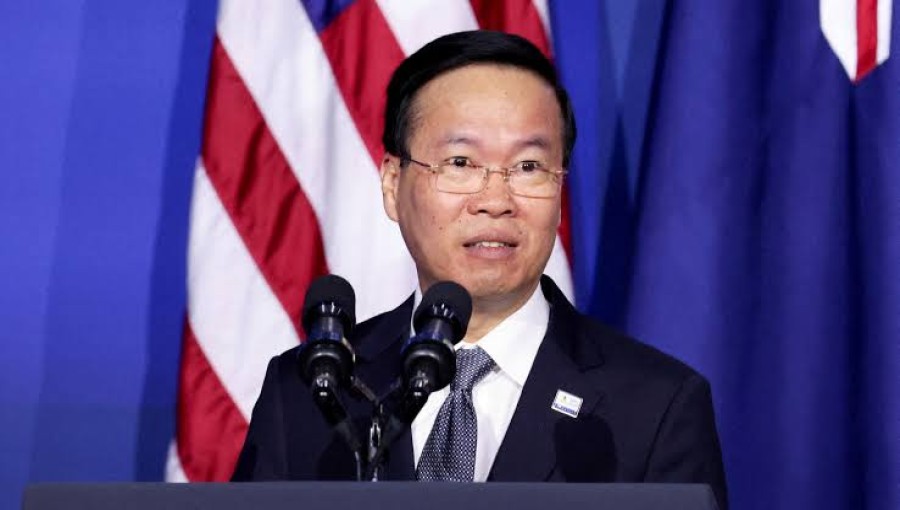In a significant development, Vo Van Thung, the president of Vietnam, has tendered his resignation, accepted by the country's government on Wednesday (March 20), as reported by BBC News. Thung's departure from office before the completion of his term is attributed to his alleged involvement in corruption, marking another high-profile scandal in the nation's political landscape.
While the role of president in Vietnam's constitution is largely symbolic, with the General Secretary of the Communist Party holding the most significant power, the presidency remains a prominent position within the country's leadership structure. Thung assumed the presidency last year following the resignation of his predecessor, Nguyen Xuan Phuc, who also stepped down amidst corruption allegations.
The decision to accept Thung's resignation underscores the Communist Party's commitment to tackling corruption as a pressing issue. Despite leadership changes typically occurring through succession in Vietnam, Thung's forced resignation reflects the party's determination to address corruption within its ranks.
Among the charges leveled against Thung is his alleged complicity in sheltering and supporting corrupt party officials. Police have arrested a former leader from Thung's home province of Quang Nai on corruption charges, implicating Thung as a close associate during his tenure as the party chief in the region.
A special session of the country's parliament is scheduled to convene on Thursday (March 21) to formally accept Thung's resignation. Hanoi has yet to announce the successor to the presidency, signaling a period of transition and uncertainty in Vietnam's political leadership.































Comment: